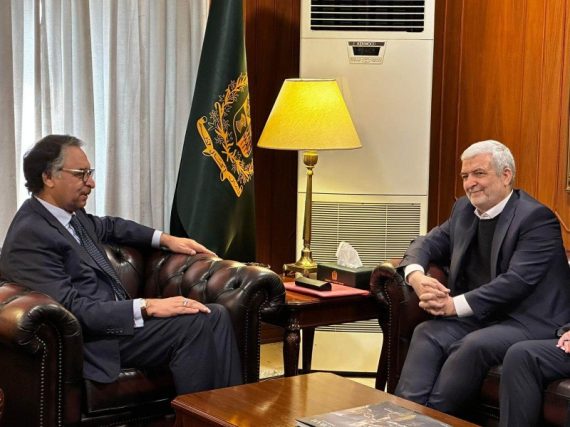I
n a recent development, Iran targeted two bases of the Balochi militant group Jaish al Adl in Pakistan’s Balochistan province, escalating tensions between the two neighboring countries. The missile and drone attacks followed Iran’s strikes on alleged Israeli targets in Iraq and Syria, raising concerns about the widening conflict in the Middle East.
Pakistan confirmed the loss of two children and injuries to three girls in the strikes on Jaish ul-Adl bases. Reacting strongly, Pakistan’s Foreign Ministry issued a stern warning, deeming the incident “completely unacceptable” and highlighting the potential for “serious consequences.”
The ministry did not specify the location of the incident but strongly condemned the “unprovoked violation” of its airspace.
A strong protest
Pakistan’s Foreign Ministry lodged a strong protest with the Iranian Foreign Ministry and summoned the Iranian Charge d’Affaires. The responsibility for the consequences was squarely placed on Iran by Pakistan.
The Iranian Revolutionary Guards claimed responsibility for the attacks, citing Jaish al Adl’s previous attacks on Iranian security forces in the border region with Pakistan.
This latest escalation adds another layer of complexity to the already intricate geopolitical landscape in the Middle East.
Attacking Mossad in Iraq
The strikes come in the wake of Iranian attacks on what they described as Israel’s Mossad intelligence agency’s “espionage headquarters” in Iraq’s Northern region and targeting the Islamic State in Syria.
The broader context of the Middle East conflict involves Iran accusing the U.S. of supporting what it labels as Israeli war crimes in Gaza, with the U.S. expressing concerns about civilian casualties in the region.
The situation remains fluid, with international observers closely monitoring developments in the region. The latest events underscore the challenges of maintaining stability in an area marked by multiple conflicts and the involvement of various regional actors.
Recommended
Pakistani Foreign Ministry meeting
On January 15, Pakistani Foreign Minister Jalil Abbas Jilani welcomed Hassan Kazmi Qomi, Iran’s Special Representative for Afghanistan Affairs. During the meeting, the Foreign Minister reiterated Pakistan’s dedication to fostering a peaceful and stable Afghanistan.
He stressed the importance of heightened coordination among regional nations to achieve stability in the area. Emphasizing the critical role of Afghanistan’s neighboring countries, the Foreign Minister highlighted their collective responsibility in realizing a vision of a tranquil and stable region.
Prior to this, Ambassador Qomi engaged in extensive discussions with his Pakistani counterpart, Ambassador Asif Durrani, delving into the current situation in Afghanistan. The talks focused on regional initiatives for peace and dialogue, reflecting the ongoing efforts to address the challenges facing Afghanistan and its neighboring nations.
Source: PTC News.





